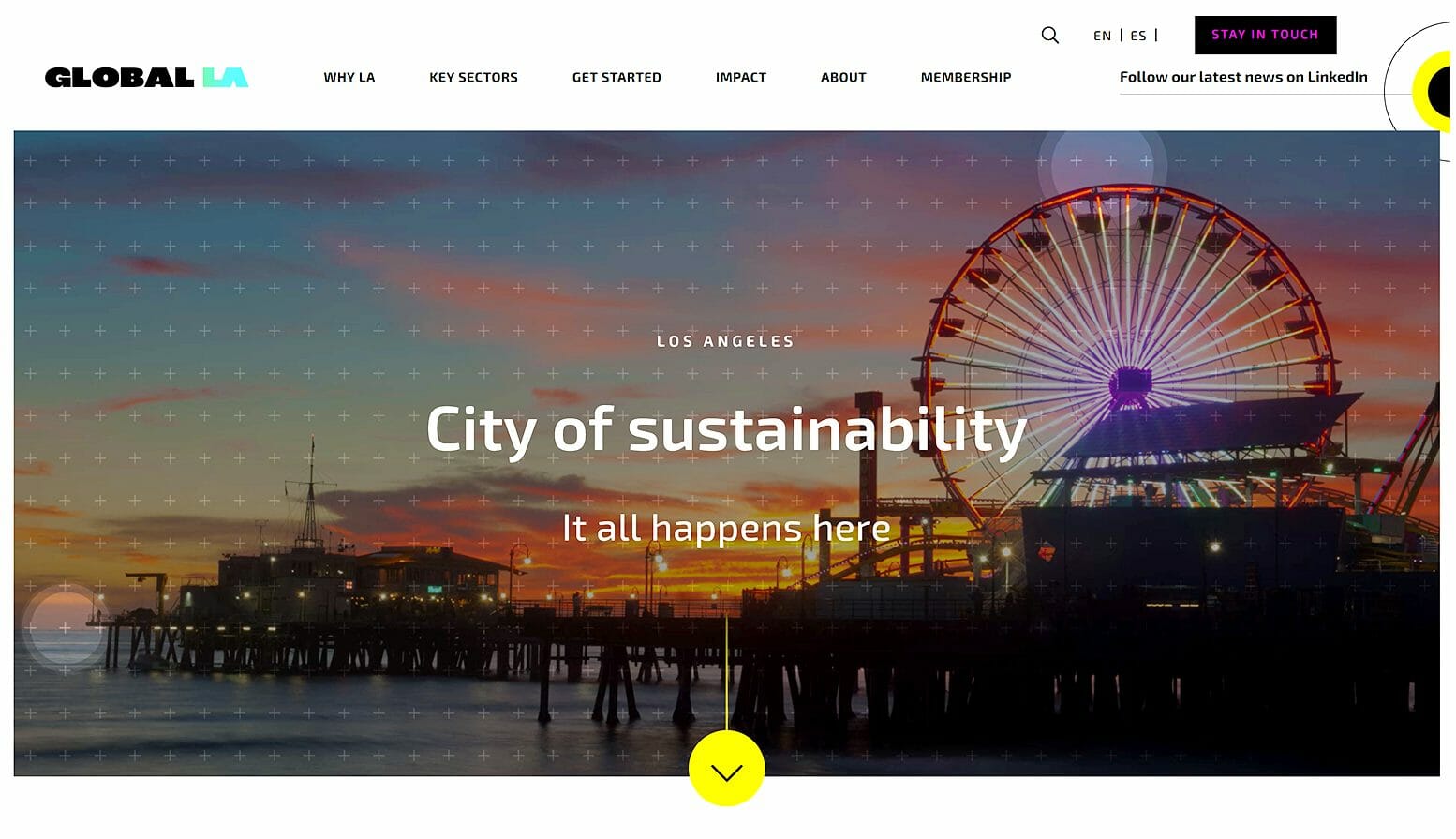22 May ‘19
The Difference Between Web Design Vs Web Development
22 May ‘19
In: Web Design & Development, / By: Ripe Media
Approximately 571 new websites launch every minute. Some of these sites will flourish and some will languish. Unfortunately, any of them could end up a competitor for your site.
While a certain element of luck plays a role, the success of your website or any website depends on the quality of the site itself.
Does it load fast? Can you navigate it easily? Does it conform to the latest web design trends?
When you look for a professional who can get your site in order, you’ll run across two job titles that seem to say the same thing:
Website developer and website designer
Despite the similarity in name, these are distinct jobs. So, what’s the right choice in the web design vs web development debate? Keep reading for some insight into the differences.
What Is Web Design?
In simplest terms, web design focuses on creating the visual look and feel of a website. For example, a web designer will decide:
- what should appear in your header
- where menus go
- what images appear on the home page
- how many pages your site needs
- what colors and fonts your site will use
Most web designers will also create a prototype of the site using graphic design tools to create the precise look of the final design.
Web designers often assist in related activities, such as creating online catalog design or online advertising collateral.
Web Design Skills and Training
Web designers need at least some training in visual design so they can understand the what and why of page element placement. Web designers also need an operational knowledge of pro-grade design software for mocking up images.
Most web designers develop a background in the principles of user experience. For example, most visitors scan a website instead of reading it. The design of the site must accommodate this style of interaction.
It’s generally expected that you’ll also bring a basic working knowledge of HTML and CSS to the table. These are the core languages that shape the look and feel of the site.
It might not seem apparent at first, but you also need an understanding of how responsive design works.
Google uses mobile-readiness as a ranking factor for sites. That means you’ll need a mockup of both the desktop and mobile versions of the site. You can make a mockup if you don’t understand how responsive design rearranges content on the site.
What Is Web Development?
If web design concerns itself with how a site will look and feel, web development concerns itself with making the site work. A web developer takes a web designer’s pictures and mockups and they write the underlying code that makes it work properly.
For example, let’s say that the web designer put a message box on your Contact Us page. Odds are very good that nothing would happen if you entered a message into that box and hit “Submit.” That assumes that the message box wasn’t simply a graphic.
A web developer writes the code that actually takes that message and sends it to the right email address. Beyond simply writing the code, however, the web developer must also make sure that they write code that operates efficiently.
It’s entirely possible for a bad developer to write a lot of extra, resource-consuming code. Code like that makes site load slowly or respond sluggishly. The developer must choose the right approach that executes the design specs in the fastest way possible.
Web Development Skills and Training
Most web developers are front-end developers. That means they train on programming languages that deal with what visitors see and do on a website. A few of the common languages that front-end developers learn include:
- HTML5
- CSS3
- Javascript
Web developers also typically know at least one or two frameworks or libraries, such as Bootstrap or JQuery.
While not an absolute necessity, developers often benefit from a working knowledge of PHP and SQL. PHP is a common server-side scripting language. SQL is a database management language.
Developers also need an understanding of one of the major version control systems, typically GIT. These systems track changes in your code and let you roll back to a previous, operational version of the code if you make a mistake.
Web Design vs Web Development
Deciding between web design and web development depends on a couple of factors. Where you are in the process matters a lot.
If you’re at the very beginning of starting your website, you’ll benefit from hiring a web designer. The designer can show you what your ideas will look like, help you refine your plans, and even steer you away from bad ideas.
If you happen to possess strong design skills, you can potentially take a pass on hiring a web designer.
For those at the stage of actually coding the site, you really do need a web developer. While you can theoretically code a site yourself or use a WYSIWYG editor, you’ll never get a site that runs as cleanly as one written by a professional.
A professional knows when and where to lean on existing code or frameworks and when to write from scratch for best results.
It’s also important to realize that there isn’t a sharp divide between web development and web design. Some people or companies focus on just one aspect, while others offer both services.
Parting Thoughts
The web design vs web development debate isn’t clear cut. Web design focuses on the visual look and feel, while development focuses on coding functionality into the site.
Deciding which you need depends a lot on where you are in the process. Those in the early stages often benefit from a web designer. For the actual creation of a functional site, you need a developer.
Ripe offers website design and website development services. If you’re ready for a new website or a website upgrade, contact Ripe today.
















